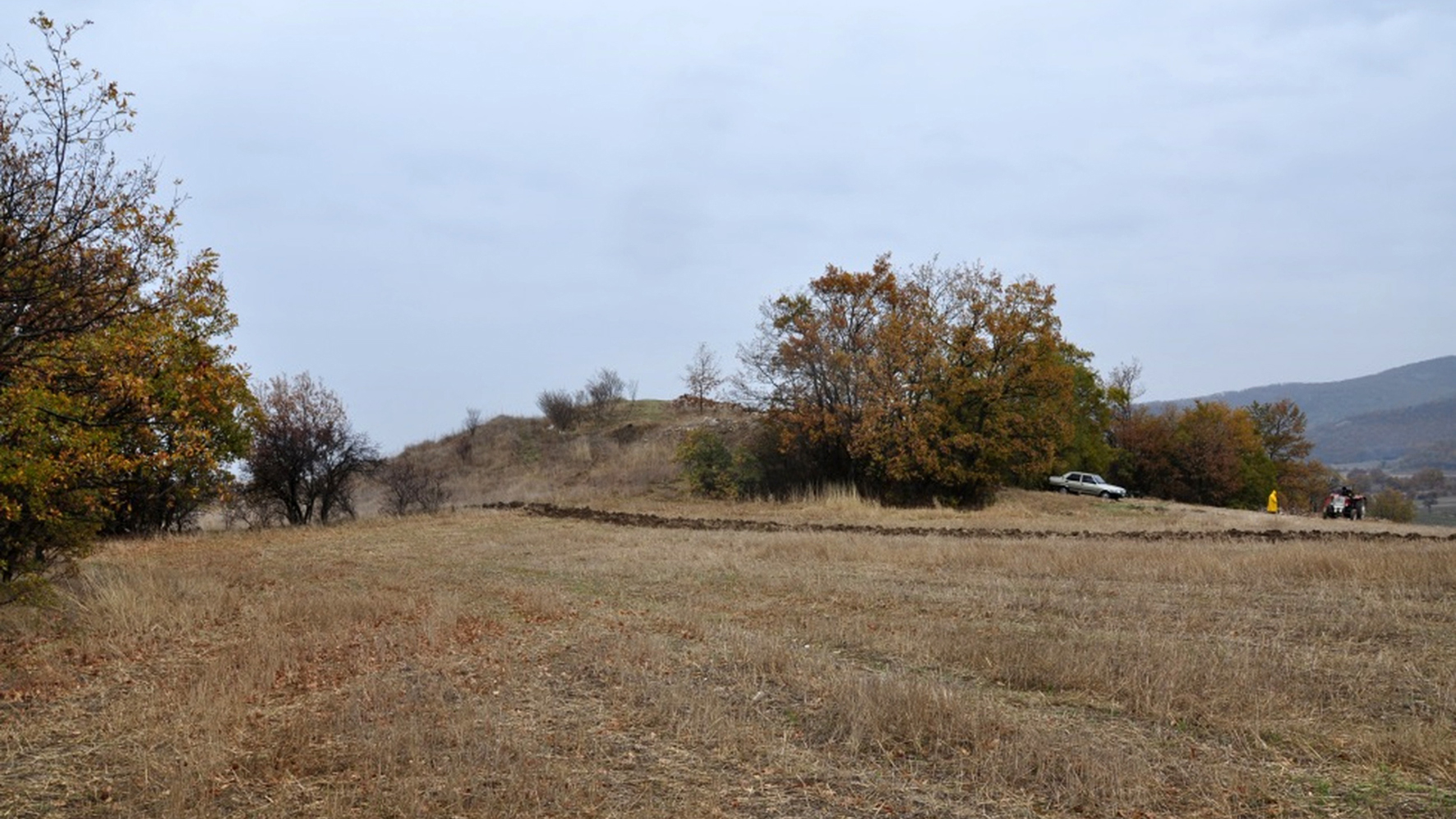Another Cup? More Coffee Could Be Linked to Longer Life Span

Coffee lovers may not have to feel that familiar pang of guilt when pouring themselves yet another cup of joe for the day.
A new study found that drinking coffee, even more than 8 cups a day, was linked with a lower risk of death within a 10-year follow-up period. However, the researchers stressed that the study only found an association with coffee and longevity and didn't prove that coffee leads to a longer life.
"Although these findings may reassure coffee drinkers, these results are from an observational study and should be interpreted cautiously," said lead study author Erikka Loftfield, a research fellow at the National Cancer Institute (NCI).
In the study, published today (July 2) in the journal JAMA Internal Medicine, Loftfield and her team at the NCI analyzed data from nearly 500,000 people who took part in the U.K. Biobank study. That project gathered health information from more than 9 million people. [10 Things You Need to Know About Coffee]
As a part of the Biobank study, people were asked how many cups of coffee they drank daily, including decaf. The participants also answered questions about their general health, education, and smoking and drinking habits. Researchers additionally sampled the subjects' DNA.
In a 10-year follow-up period, around 14,000 people in the study died (the leading causes of death were cancer, cardiovascular disease and respiratory diseases). The researchers found that the more cups of coffee people drank, the less likely they were to die during the study period. Though there were slight differences among the types of coffee people drank, the results generally held true for instant, ground and decaf coffee.
That decaf coffee was associated with longevity "suggest[s] that the many other compounds in coffee, besides caffeine, may be responsible," Loftfield told Live Science.
Get the world’s most fascinating discoveries delivered straight to your inbox.
When the researchers looked at the participants' genetic data, they identified four gene variations that were known to be associated with caffeine metabolism, or how the body breaks down caffeine. Some prior studies had suggested that people with these gene variations could be at higher risk for cardiovascular disease, Loftfield said.
But in the new study, the researchers found no link between having these variations and a person's risk of death over the study period.
Just enough coffee or too much?
It's not necessarily news that coffee can be healthy; the 2015 U.S. Dietary Guidelines Advisory Committee, for example, reported that drinking coffee moderately could be part of a healthy diet. But the new study suggests even higher amounts of coffee could be beneficial.
That doesn't mean people should dramatically up their coffee intake, though: There isn't enough data to change the guidelines to include more cups of coffee, Loftfield said. Indeed, only a fraction of the people in the study reported drinking 8 or more cups of coffee a day, she added — about 10,000 of the 500,000 participants.
Edward Giovannucci, a professor of nutrition and epidemiology at the Harvard T.H. Chan School of Public Health, who was not part of the study, agreed. "This new study is consistent with the previous studies but show[s] that the potential benefit extends to higher intakes of coffee,"he said."But [it] doesn't mean that everyone should drink 8 cups of coffee a day."
The study didn't have enough data from people who drink that much coffee, Giovannucci said. And the risk of death during the follow-up period was only slightly higher for people drinking around 4 cups of coffee a day compared with those who drank more than 8, he told Live Science. So, the benefit of drinking more than 8 cups of coffee over around 4 may be small.
There are so many studies that come out about coffee, yet it's still difficult for researchers to come to a consensus about whether the drink is good for our health. It's hard to conclude causality, because "the best data we have are [from] observational studies, where people self-[report] how much coffee they consume," Giovannucci said. "Nonetheless, the very large body of consistent evidence [for] lower risk for many outcomes, including overall mortality, is reassuring.
"While the evidence may not be strong enough to suggest that [a person start] drinking coffee for health benefits, people drinking coffee should feel reassured of no harm and probably even benefits of coffee," Giovannucci added. But don't overdo the sugar and cream, he said.
Originally published on Live Science.

Yasemin is a staff writer at Live Science, covering health, neuroscience and biology. Her work has appeared in Scientific American, Science and the San Jose Mercury News. She has a bachelor's degree in biomedical engineering from the University of Connecticut and a graduate certificate in science communication from the University of California, Santa Cruz.
 Live Science Plus
Live Science Plus





